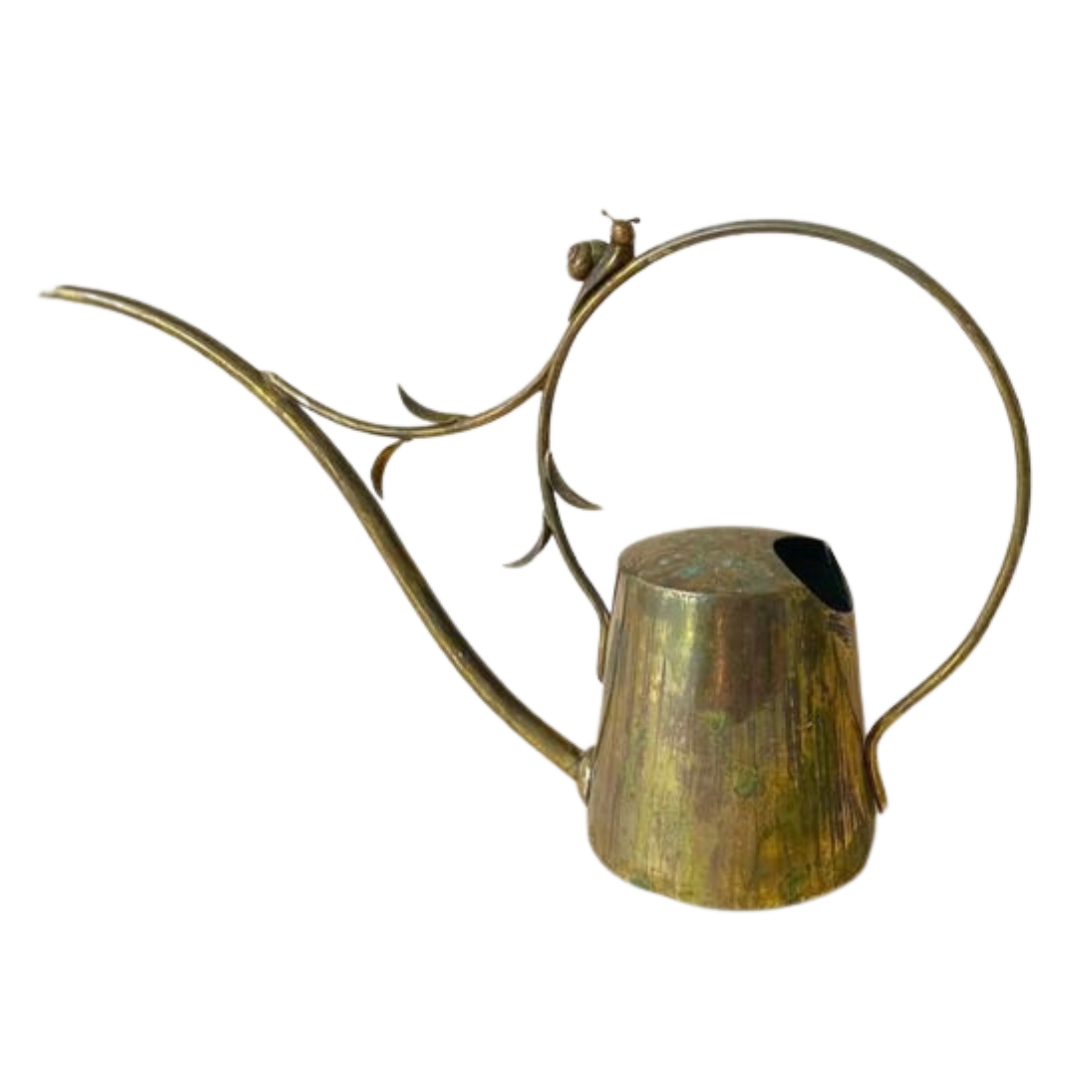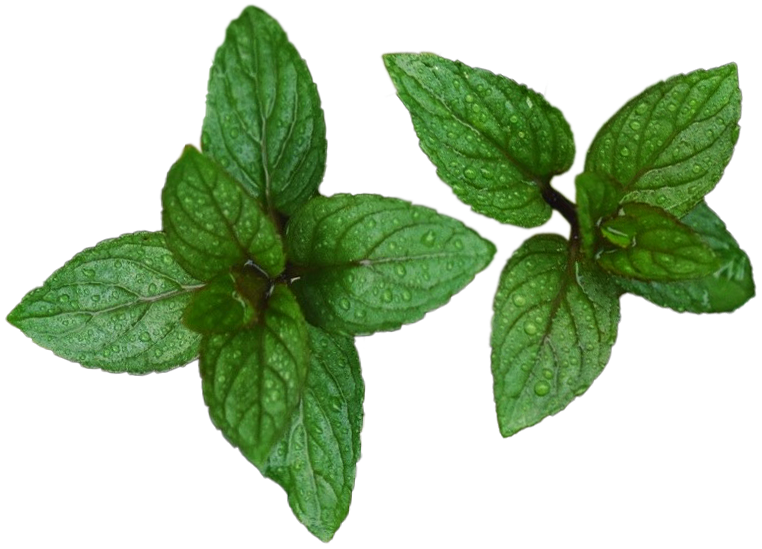
The following passage was culled from a diary dated August 21, 1376. It is the last coherent record before the pestilence fell.
Our earth is a generous one, and my garden drinks deep from the pool of its hidden kindness.
The soil remains black as ink, clinging to my skin as if wet flesh, damp even in drought.
The seeds swell as if the dirt itself aches to bring it forth, deciding for us what shape the harvest may hold.
The other townsfolk claim that our village is blessed, and I may be inclined to agree, if not for the dirt shifting when I plunge my shovel too deep, as though something beneath is stirring to meet me.
The familiar scent of turned earth rose into the air as my spade struck the dirt, yet beneath it rested a sweetness not of soil nor harvest. With each strike, I felt a breath loosen from the ground itself, as if this time, the earth protested. As if it were hiding what I sought to reap.
Worms writhed upward, crawling towards the sun. Clumps of soil pulsed as if coursing blood to a heart. Muted greys revealed themselves beneath. I assured myself it was wood, some pale root split from the rains.
I reached down to the earth, scraping the muck aside, and began to trace the shape with my fingers. What I felt was not the grain of wood; instead, the surface was soft, like my hand that touched it, but with the faint tell of flesh long buried. The earth rotted away, leaving behind a figure bearing joints, knuckles, a curve unmistakable.
The pale shape yielded beneath my touch, and as I recoiled, the soil split open with a wet gasp. Hands broke through in dozens, all mute, all trembling, all reaching for the heavens; all stained grey with the poison of life.
The ground heaved once more, as if the garden had only begun to birth its harvest.







